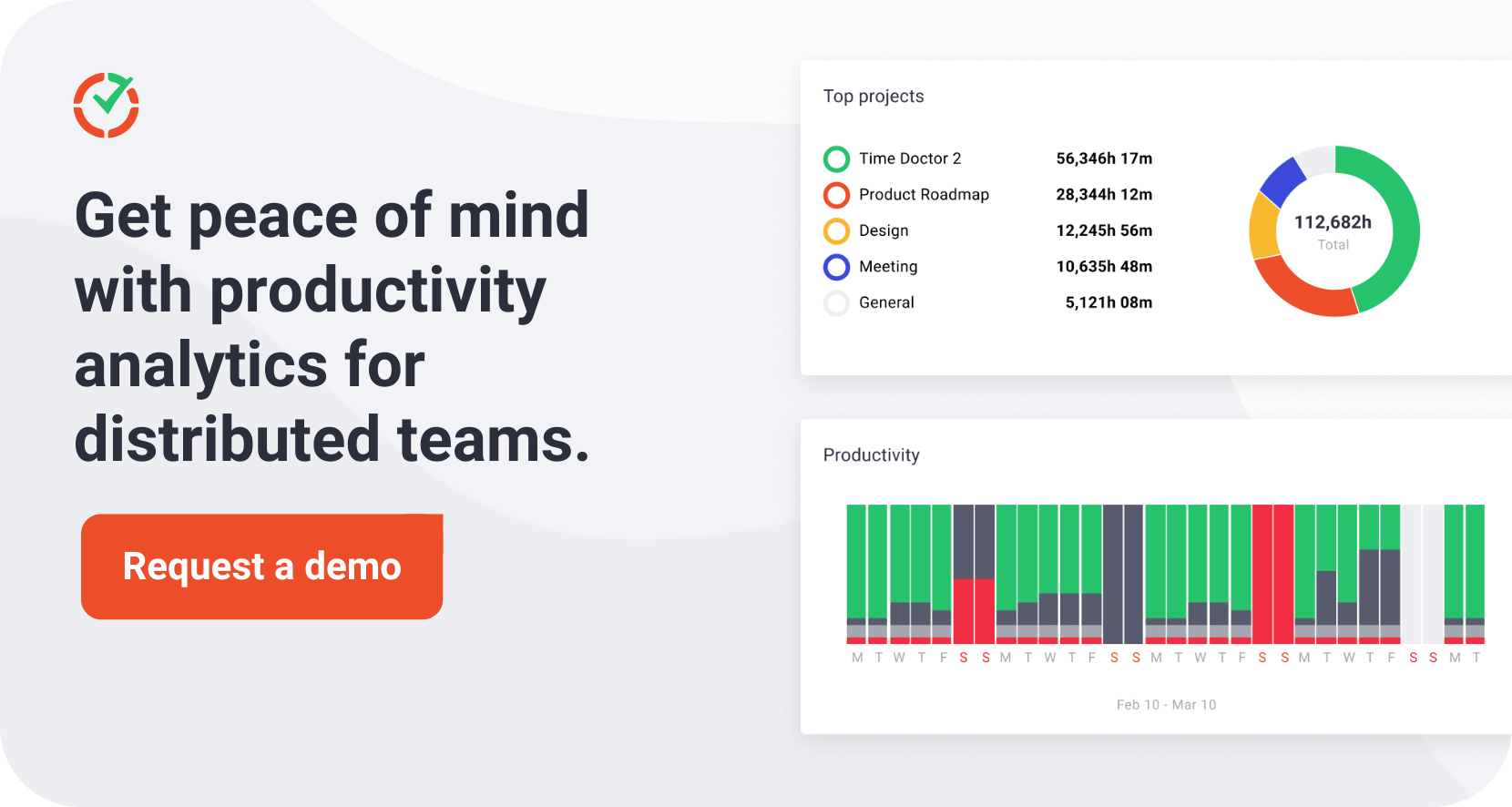26
Young professionals in Recent Zealand are making a recent narrative about productivity and social connections in an era where the lines between work and residential are increasingly blurred. An unexpected trend shown by a groundbreaking study: working from home doesn’t need to mean an absence of commitment.
The truth is, Kiwi staff are dispelling the concept that distant working has social disadvantages by interacting with colleagues outside of normal working hours. Let us take a look at the info and anecdotes that paint a transparent picture of this changing environment.
Hybrid work model: Finding a balance between social life and productivity
Many persons are wondering concerning the ideal workplace in a post-pandemic society. With 41.7% of Kiwi staff currently employed in hybrid roles, it begs the query: are we sacrificing social engagement for convenience?
Interestingly, a recent Pureprofile survey commissioned by Bacardi shows otherwise. Interestingly, 80% of participants socialize after work, and 52% prefer cocktail hours. This dispels the parable that distant work leads to isolation and as an alternative highlights the thriving culture of connection that exists beyond the confines of the office.
Fear of loss encourages social involvement
It’s price noting that this tendency is heavily influenced by the thought of Fomo (fear of missing out). Even in the event that they earn a living from home, 87% of them say they’re very fascinated by meeting after work, especially during cocktail hours (59%).
This need for interaction highlights the elemental need for human connection and shows that physical separation from someone doesn’t mean social isolation.
Impact on stress and work culture
The survey results provide insight into the helpful impact of socializing on workplace dynamics. Most individuals consider that contact with colleagues outside of labor improves company culture (69%), reduces stress (47%), and recognizes skilled achievements (46%).
These results suggest that social interaction is an important a part of a productive workplace, not only a recreational activity.
The hybrid worker’s dilemma: combining work, life and socializing
While there may be a powerful desire to interact, obstacles including time constraints (47%) and responsibilities to 1 one other (31%) create difficulties.
This highlights how necessary it’s for businesses to offer social opportunities that meet the varied requirements of their employees.
The long run of connected and hybrid work
The move towards flexibility might be seen in the event of hybrid work arrangements in Recent Zealand, as he highlighted: Wellbeing@work study conducted at Massey University.
Many individuals find that with this system they will work more efficiently at home, which not only maintains but additionally increases production. The shift to hybrid work reflects a broader cultural trend that values each personal and skilled well-being.
Application
Young professionals in Recent Zealand are setting the usual in modern definition of the occupation. They show that it is feasible to mix the productivity and concentration of working from home with the social and cultural benefits of working within the office by adopting a hybrid model.
This balance is a forward-looking approach to work that prioritizes flexibility, productivity and social well-being, not only the response to the epidemic. It is evident that the long run of labor will depend upon our ability to attach, collaborate and support a positive work culture no matter location as we negotiate this recent normal.
